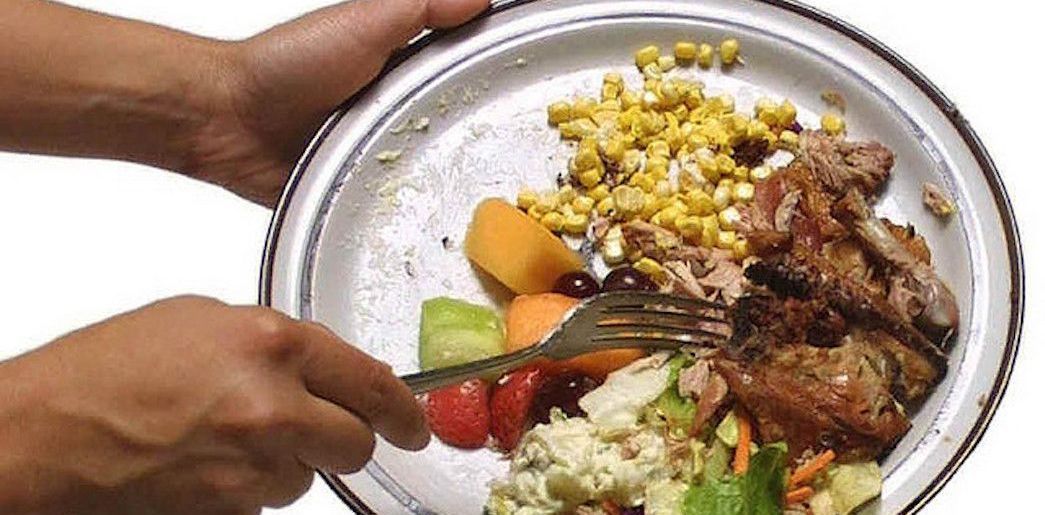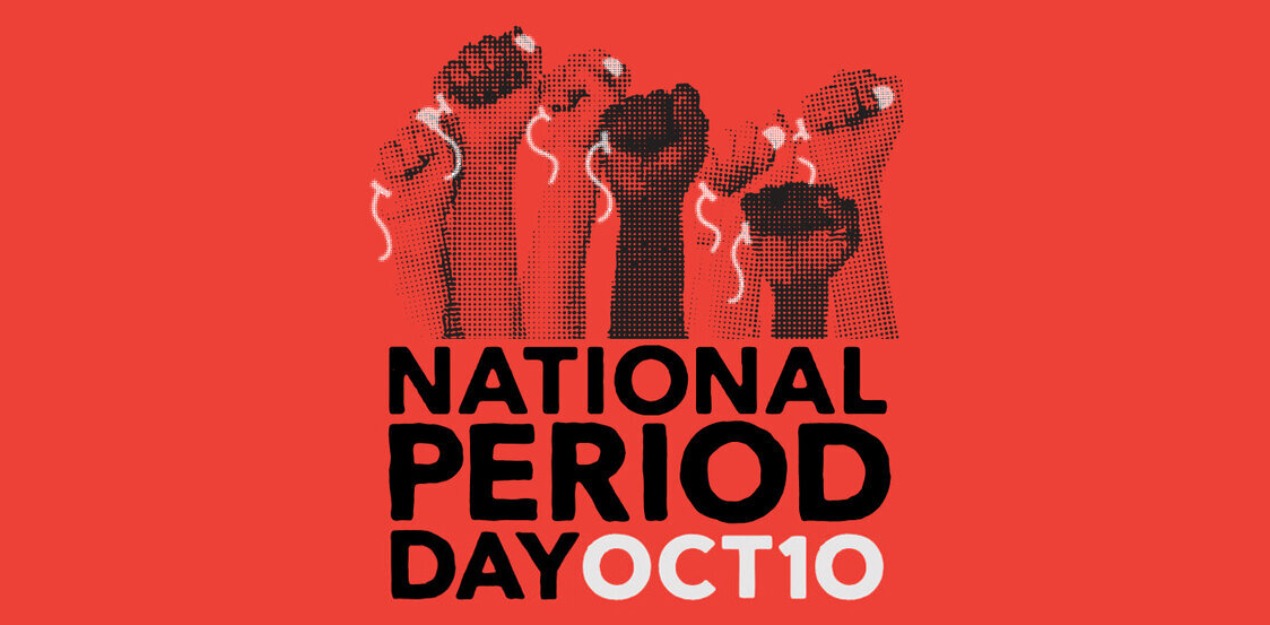AÑO
2015
CATEGORÍA
Cuerpo
OBJETIVOS
Fin de la pobreza
PAL. CLAVE
food waste, strategies, waste management
PAÍS
United States of America
CRÉDITOS
Massachusetts State
LINK
http://www.theguardian.com/sustainable-business/2014/sep/09/food-waste-ban-massachusetts-compost-landfill-food-banks
MASSACHUSETTS' COMMERCIAL FOOD WASTE BAN
Massachusetts recently enacted commercial food waste ban.
The ban affects hospitals, colleges, supermarkets, hotels, nursing homes, prisons and other facilities that produce at least one ton of food waste per week. Commercial food-waste ban will require table scraps, withered fruits, tired vegetables, and expired packaged foods to flow toward food pantries, compost facilities, local farms – or to newly established anaerobic digestion facilities that can transform it into clean energy. Organic waste makes up 25% of the Massachusetts’ current waste stream, some shipped out of state, much of it ending up in landfills at a hefty $60-80 per ton, where it decomposes, creating harmful and unwanted methane gas. It’s expensive to get rid of; while it can be turned into compost or energy. Not-quite-expired food can be directed to food pantries or used to feed agricultural animals. The ban aims to reduce the need for landfills, save money on costs, reduce greenhouse gases, provide a source for clean renewable energy, create clean energy jobs, compost.



